Music of El Salvador, nestled in the heart of Central America, El Salvador is a nation pulsating with a rhythm that echoes through its hills and valleys, a rhythm encapsulated in its diverse and vibrant musical landscape. This blog post will delve into the enchanting melodies, rhythmic beats, and cultural significance that define El Salvador’s music, illustrating how this small yet culturally rich country has crafted a musical identity that reflects its history, traditions, and the amalgamation of influences that shape its soundscape.
Cumbia: The Dance of Salvadoran Identity
At the core of El Salvador’s musical heritage is Cumbia, a genre that traces its roots to Colombia but has evolved into a distinct Salvadoran expression. The lively percussion, infectious rhythms, and storytelling elements make Salvadoran Cumbia a captivating experience. As listeners sway to its beats, they are transported into narratives of everyday life, love, and social issues, forging a connection between the music and the collective Salvadoran identity. The marimba, a traditional wooden percussion instrument, plays a pivotal role in shaping the unique timbre of Salvadoran Cumbia, adding an indigenous touch to this genre.
Marimba: Resonating Heritage
The marimba, with its resonant tones and wooden resonance, stands as a symbol of Salvadoran pride and cultural identity. With indigenous origins, the marimba is not merely an instrument; it is a cultural ambassador that transcends time and connects Salvadorans to their roots. Its warm, evocative tones are a common thread in various Salvadoran compositions, providing a distinctive musical flavor that sets it apart. Whether in festive celebrations or more solemn occasions, the marimba weaves a sonic tapestry that captures the essence of El Salvador’s cultural heritage.
Punta: Afro-Indigenous Rhythms
Originating from the Garifuna community along the Central American coast, Punta is a traditional dance music that infuses Afro-indigenous rhythms into Salvadoran culture. The energetic beats, drumming, and call-and-response vocals create an immersive experience, reflecting the close connection between music and movement in Salvadoran traditions. The Punta dance, with its mesmerizing rhythmic footwork, is a testament to the dynamic cultural fusion that characterizes El Salvador’s musical landscape.
Religious Festivities: Musical Expressions of Faith
In El Salvador, religious festivities are not just events; they are musical experiences that blend indigenous, European, and African influences. During Semana Santa (Holy Week), traditional brass bands featuring trumpets, trombones, and drums create a jubilant atmosphere, enhancing the spiritual experience for participants and observers alike. Music becomes a conduit for expressing faith, and the brass bands, with their powerful and resonant sounds, contribute to the cultural richness of religious celebrations in El Salvador.
The Echoes of History: Music as Resistance
El Salvador’s tumultuous history, marked by a brutal civil war from 1979 to 1992, finds its echoes in the music of resistance. Artists like Alfareros and the group Yolocamba Ita used their music as a powerful tool to address social and political issues, giving a voice to those who were marginalized or oppressed. Music became a form of resistance, solidarity, and hope during challenging times, showcasing the transformative power of art in the face of adversity.
Contemporary Fusion: Blending Past and Present
El Salvador’s music is not confined to the echoes of history; it is a dynamic force that continues to evolve. Modern musical styles such as pop, rock, and hip-hop have found a home in Salvadoran compositions. Local artists seamlessly blend traditional elements with contemporary sounds, creating a fusion that resonates with younger generations while honoring the country’s musical roots. Bands like La Máquina and Los Torogoces de Morazán exemplify this fusion, acting as bridges between the past and the present.
Global Impact: Salvadoran Music on the World Stage
Salvadoran music, with its unique blend of traditional and modern influences, has gained international recognition. Artists like Los Hermanos Flores and Álvaro Torres have showcased the diversity and talent within Salvadoran music, contributing to its global influence. The diaspora plays a crucial role in spreading Salvadoran music abroad, fostering a connection between Salvadorans and their cultural heritage on a global scale.
Cultural Preservation: Nurturing Heritage Through Music
Preserving and promoting traditional music is crucial for safeguarding the unique cultural identity of El Salvador. Various organizations and initiatives tirelessly work to document and promote traditional music, ensuring that future generations have access to their musical heritage. Festivals and events celebrating Salvadoran music provide platforms for both established and emerging artists to showcase their talent, contributing to the ongoing evolution of the country’s musical landscape.
Conclusion: A Symphony of Salvadoran Identity
In conclusion, El Salvador’s music is a symphony that weaves together the threads of history, tradition, and innovation. From the rhythmic beats of Cumbia to the resonant tones of the marimba, from the Afro-indigenous rhythms of Punta to the contemporary fusion of modern genres, Salvadoran music is a dynamic expression of a nation’s soul. It is a testament to resilience, cultural pride, and the creative spirit that flourishes in the hearts and melodies of the Salvadoran people. As the music continues to evolve, it remains a powerful force, connecting Salvadorans to their roots while resonating on the global stage. The harmonies of El Salvador’s musical heritage are not just notes; they are the living, breathing pulse of a nation’s identity.
Famous Artists:
El Salvador has produced a number of celebrated musicians and artists who have made significant contributions to the country’s musical landscape. Some of the most famous Salvadoran musicians and artists include:
Toño Barrios: Toño Barrios is a renowned Salvadoran singer known for his contributions to cumbia music and his enduring popularity in the genre.
Los Torogoces de Morazán: Los Torogoces de Morazán is a folkloric group celebrated for their performances of traditional Salvadoran music, including marimba and folklore.
Álvaro Torres: Álvaro Torres is a Salvadoran singer-songwriter known for his contributions to Latin American ballads and romantic music.


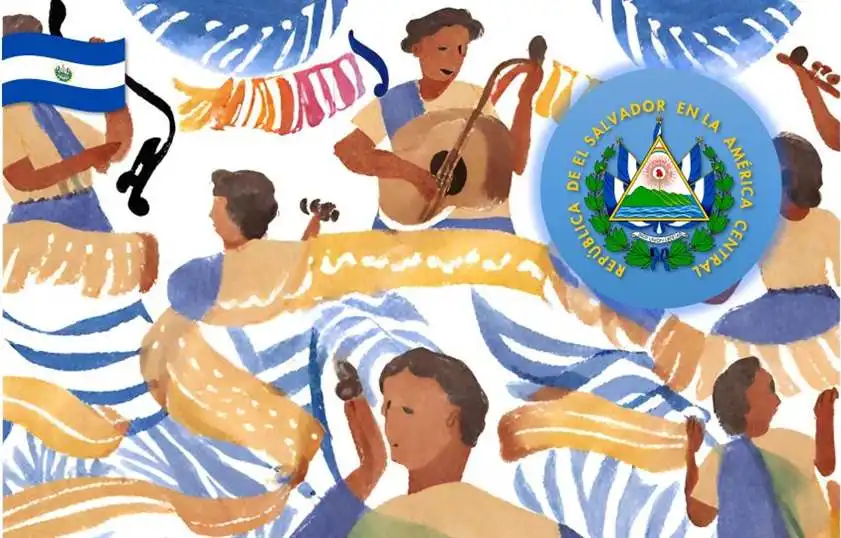
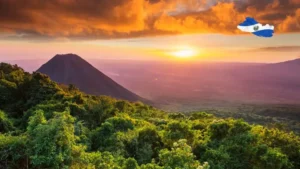
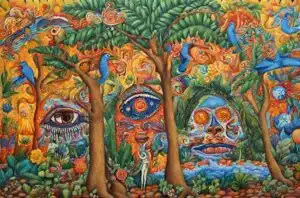
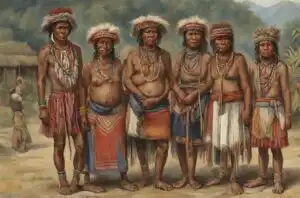
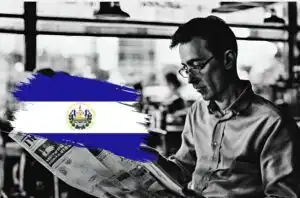

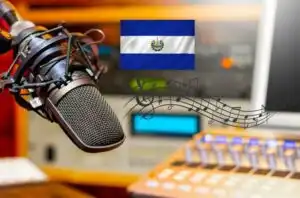
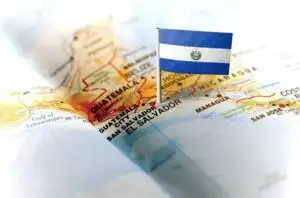
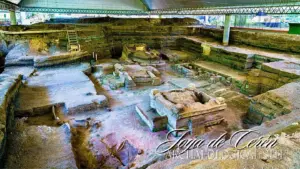
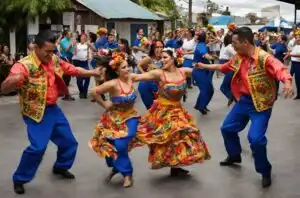
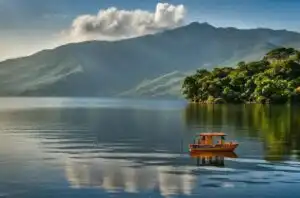
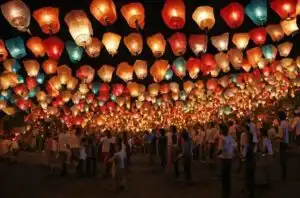
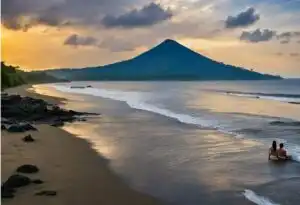
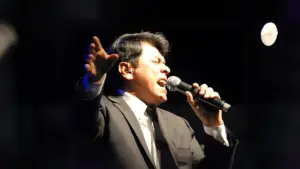
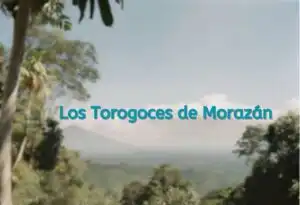
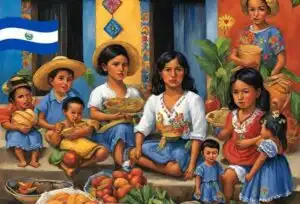
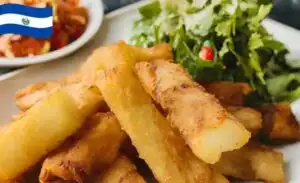
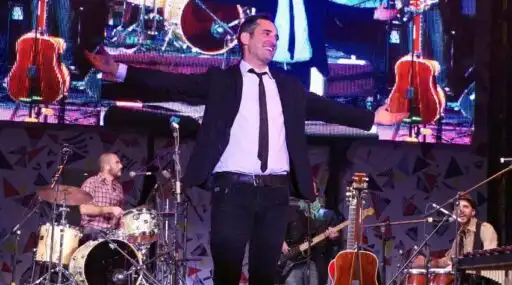

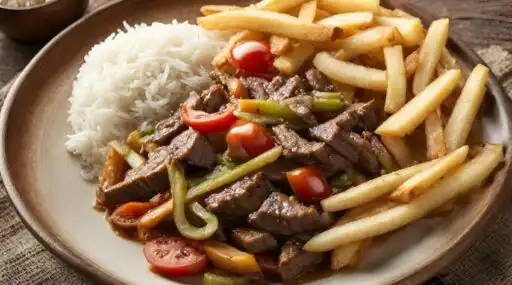

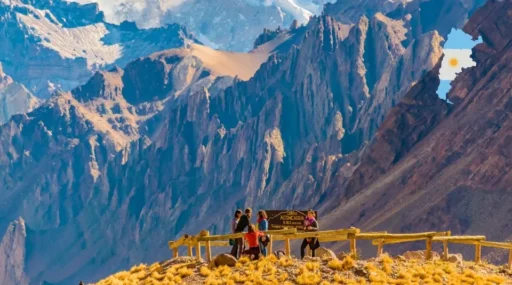
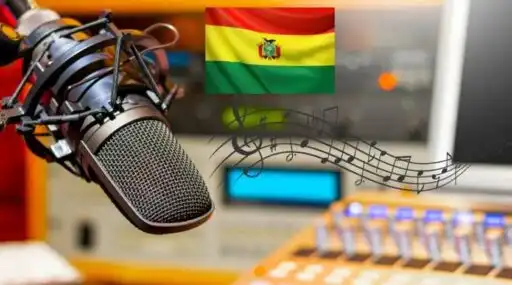

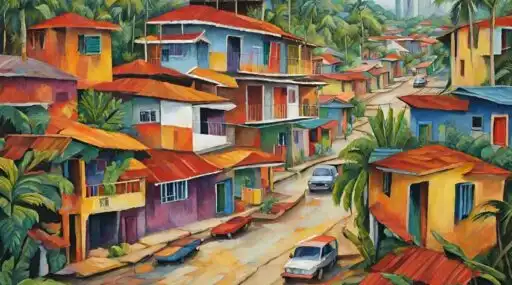
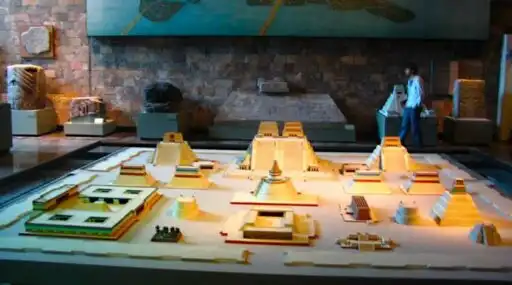
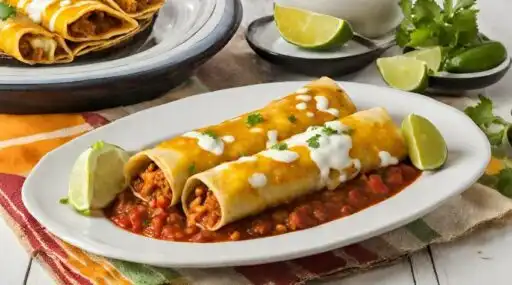
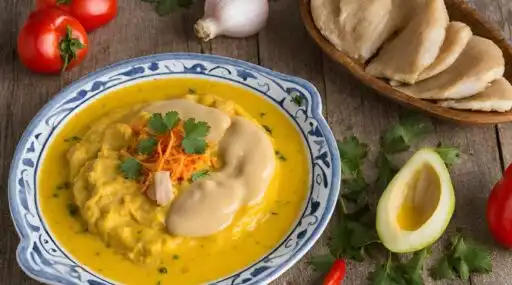
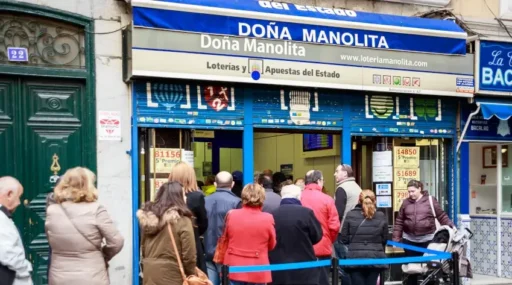

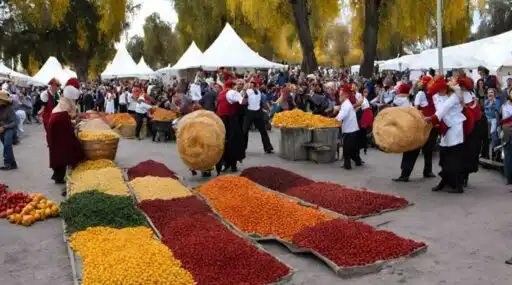
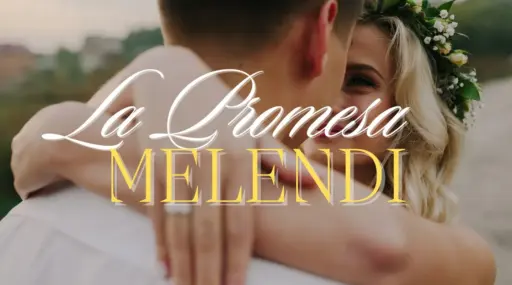
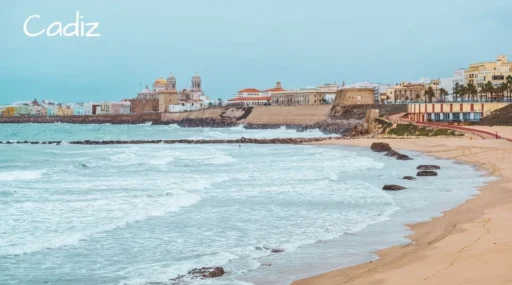

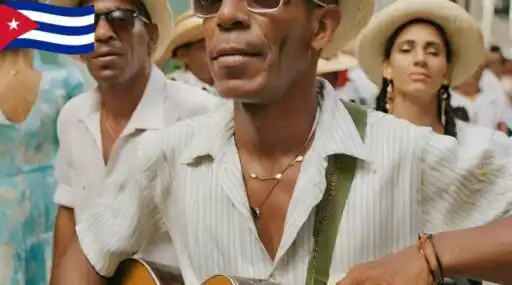

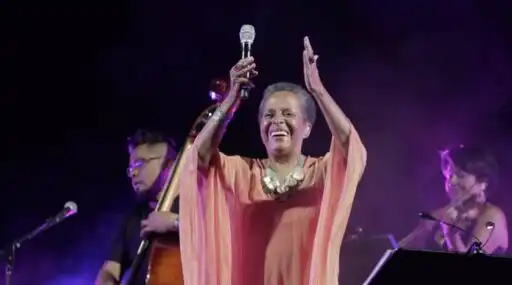

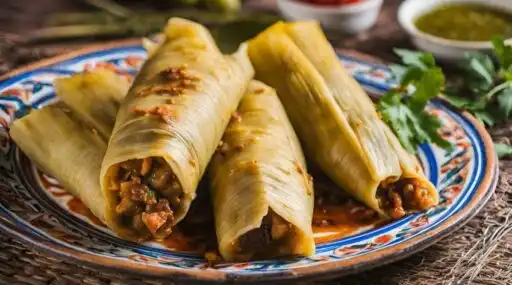
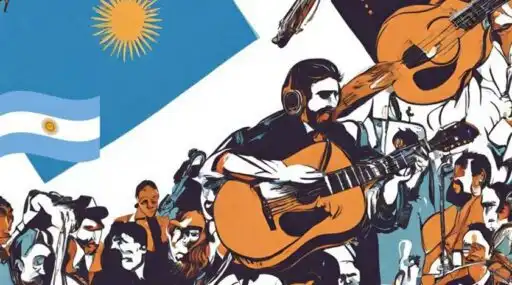
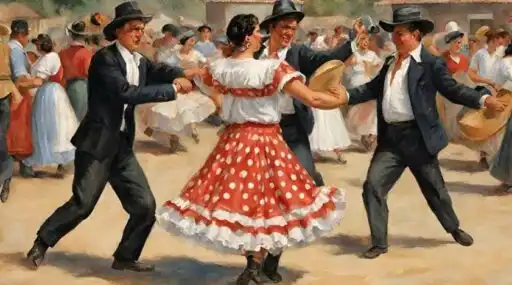
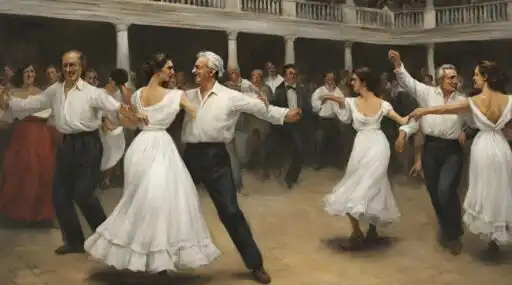
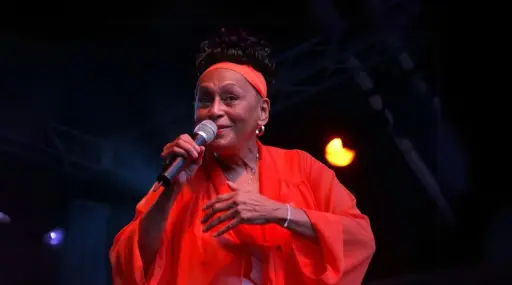

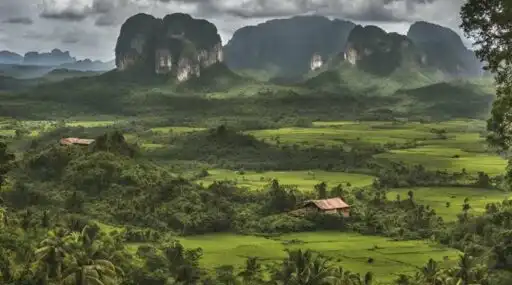
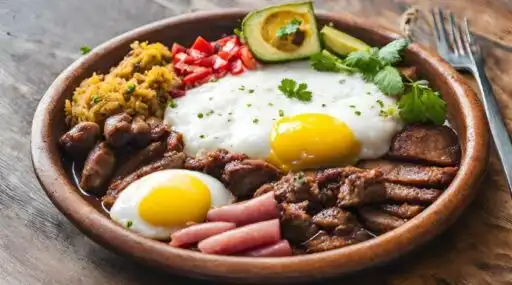
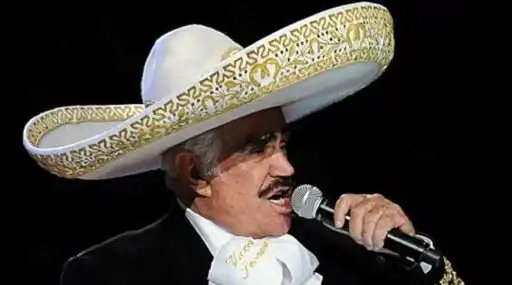
Leave a Reply